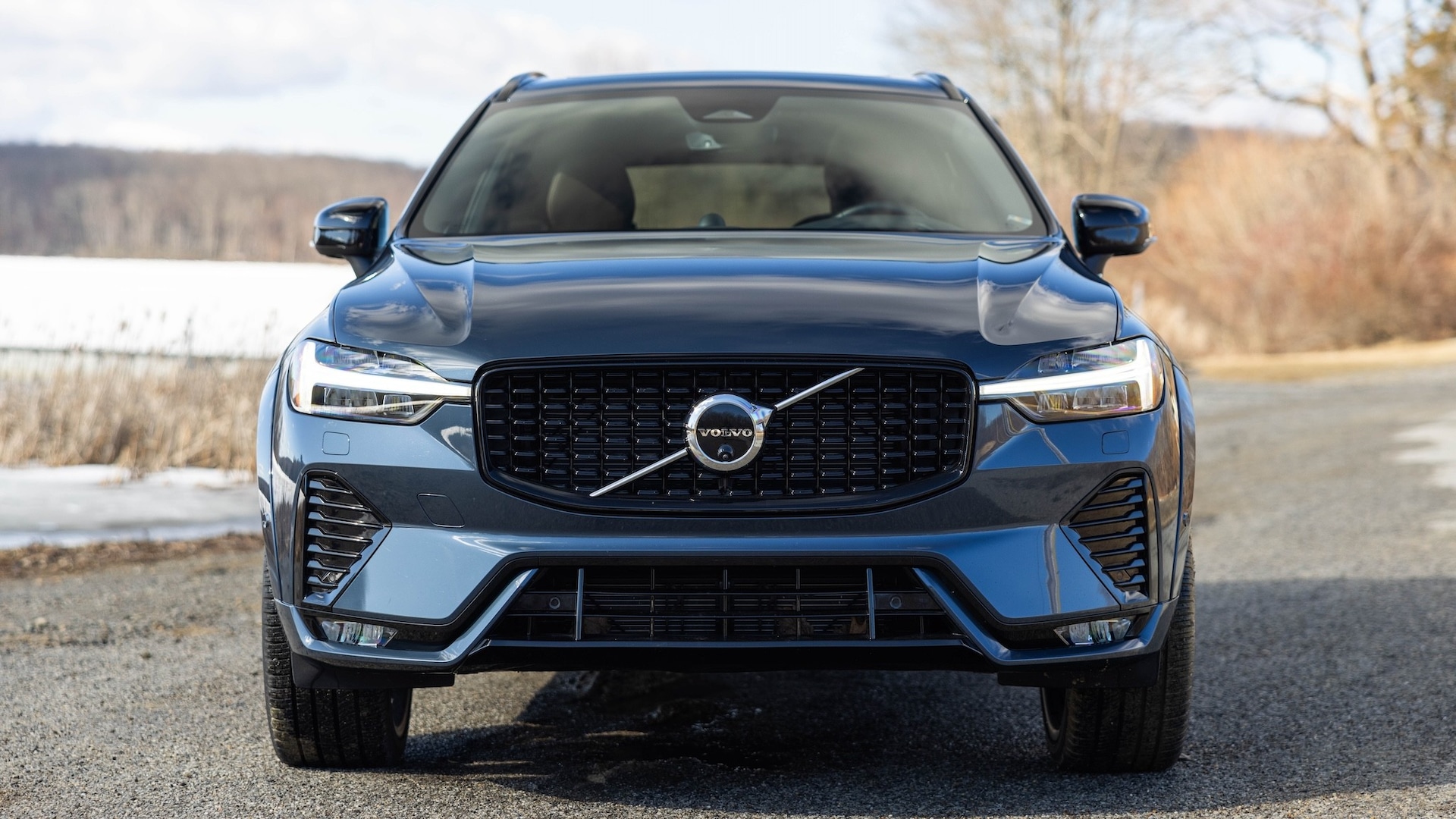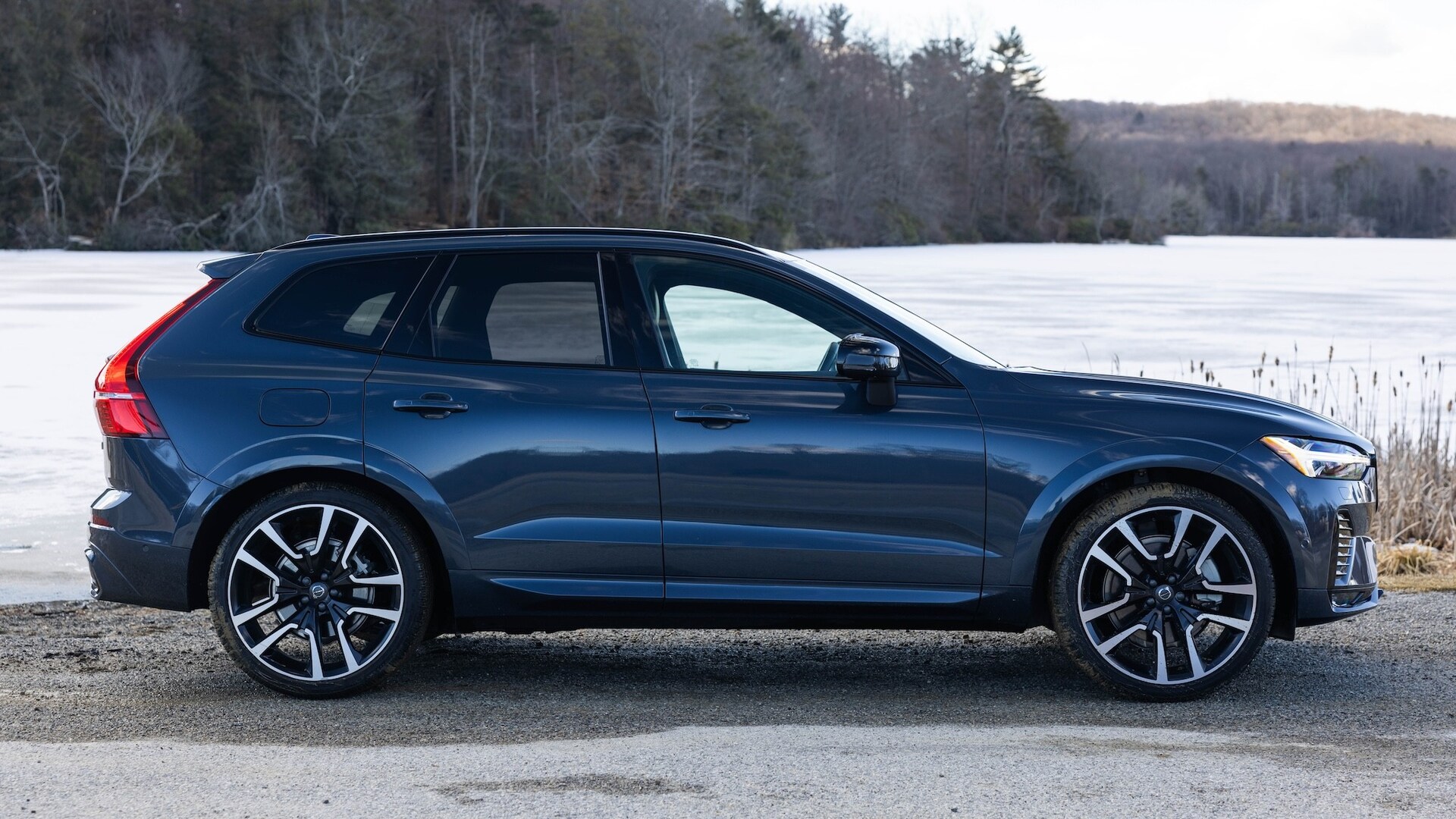The well-known compact luxury SUV from this brand will likely be manufactured in the USA.

Håkan Samuelsson has returned to his position as the driver. Volvo Samuelsson, who steered the Swedish automaker from 2012 until 2022, is returning to the helm in Gothenburg as Chinese-owned Volvo grapples with sluggish consumer adoption of electric vehicles and navigates an unpredictable global trade conflict. At 74 years old, this veteran Swede is considered by Volvo’s parent company, Geely, to be a steady leader capable of navigating the firm through these tough periods and assisting in finding his replacement before he steps down in 2027.
Speaking at the Financial Times At the Future of the Car Summit 2025 in London, Samuelsson stated that Volvo continues to stand behind electric vehicles (EVs). He expressed confidence that they can manage trade disputes by tailoring their upcoming production facilities and product ranges across three main areas: China, Europe, and the U.S. In line with this plan, he suggested that Volvo’s plant in Ridgeville, South Carolina, would be adapted for producing hybrid variants of certain models. Volvo XC60 SUV besides the electric-powered EX90 .
“Volvo needs an additional vehicle to meet the production demands at the Ridgeville plant,” Samuelsson stated, noting that the facility also manufactures the current model. Polestar 3 , interestingly, is experiencing a five-percent decrease in its staff size (as announced last week ).
He emphasized that the vehicle definitely wouldn’t be an electric one. "While we haven't finalized the exact model yet, our aim is to introduce something speedy, and it'll be a mid-sized option that has been performing well over there." This aptly describes the XC60 compact SUV, which ranked as Volvo’s second highest-selling model in the U.S. for 2024, having sold a total of 38,892 units—just 600 short of their top seller. XC90 .

The term "regionalization" has become popular within the automotive industry as companies aim to minimize supply chain distances, mitigate risks associated with political tensions, and tailor their offerings more effectively to specific market demands. This approach isn’t exclusive to any single company; even Volvo aligns itself with these strategies. As Samuelsson explains, they've observed this shift over an extended period. Currently, the XC60 model is manufactured at both Volvo’s facility in Torslanda, Sweden, and another one in Chengdu, China. "To establish ourselves locally in the U.S., becoming a prominent brand requires us to engage directly through industrial presence," he stated. "This led to building our plant in South Carolina. By manufacturing nearer to where our consumers reside, we can enhance our responsiveness and expedite delivery processes."
Regionalization implies that Volvo’s operations in China will gain significantly greater autonomy, enabling them to manufacture more vehicles tailored explicitly to meet the demands of the Chinese market, according to Samuelsson. "It's crucial to heed what customers want and align with their specific tastes," he notes. "Our aim is to accelerate our expansion in both China and the U.S., granting these regions broader authority to swiftly respond to local requirements." He adds, "We’ll position Europe as the third distinct segment amidst these efforts."
Samuelsson adopts a practical stance regarding the trading chaos sparked by this situation. the Trump administration’s tariffs I don’t believe the U.S. government aims to halt trade between Europe and the U.S.," he remarks regarding the recent imposition of an extra 25 percent tariff on cars coming into America from Europe. "What I think they’re aiming for is revising the duty rates to ensure equitable trading conditions." He highlights that although Europe has maintained a 10 percent tax rate on American-manufactured automobiles, those originating from Europe and sold within the U.S. faced just a 2.5 percent import charge. "It’s challenging for Europeans to object to higher taxes since this mirrors the complaints made by Americans themselves. My expectation is that these will be reduced to a mutual 2.5 percent levy.
Samuelsson rejects the notion that complications might arise for Volvo in the U.S. due to present trade tensions as it falls under China's Geely ownership. "Although Volvo has a significant Chinese stakeholder, it remains a Swedish firm headquartered in Sweden," he asserts. "Our involvement in the American market dates back to 1957, and over time, numerous dealerships have consistently promoted our vehicles, giving us a robust foothold here. While we acknowledge worries regarding potential data breaches and oversight within our organization, I remain unworried about Volvo’s prospects in the U.S."
Volvo was among the initial car manufacturers to declare that they intended to produce exclusively electric vehicles by 2030; however, Samuelsson admits that EV sales, like those of models such as the, have been slower than anticipated. C40 has compelled the firm to reconsider its stance. "We've consistently viewed electrification as an immense opportunity rather than a threat, though this perspective is somewhat under scrutiny now. While the shift might occur over a longer period, we possess robust transitional models through our plug-in hybrid cars. These could remain in production for a few additional years beyond what was initially anticipated; however, I believe this won’t alter our electric vehicle plans."
romero.my.id

Posting Komentar
Posting Komentar